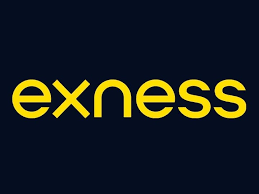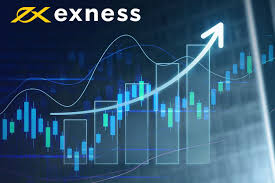
Understanding Competitive Exness Fees
If you’re considering entering the world of online trading, understanding the fees associated with your chosen brokerage platform is crucial for maximizing your returns. Exness, a well-known player in the Forex and stock trading landscape, offers competitive fees that attract both novice and veteran traders. For more insights on troubleshooting issues with Exness, you can visit Competitive Exness Fees http://www.aks-rental-samui.com/2025/04/17/net-ssylki-na-exness-kak-ispravit-jetu-oshibku-2/. In this article, we will delve deep into the various fees that Exness charges, compare them with industry standards, and discuss how these fees can impact your trading strategy.
Understanding Exness Fee Structure
Exness has structured its fees to be as transparent and competitive as possible. The primary types of fees that traders might encounter include spreads, commissions, and overnight financing charges (swap rates).
1. Spreads
The spread is the difference between the bid and ask price, and it represents the cost of trading that a trader must cover. Exness offers both fixed and variable spreads depending on the account type that traders choose. Fixed spreads remain constant regardless of market conditions, while variable spreads can widen during periods of high volatility.
2. Commissions
Besides spreads, traders need to be aware of commissions— a fee that’s charged per trade. Exness offers several account options, with some accounts having zero commission but wider spreads, while others might have a lower spread with a commission charge per trade. Understanding which account type aligns best with your trading style can help optimize your costs.
3. Overnight Financing Charges
For positions held overnight, Exness may apply a swap rate. A swap can either be a credit or a debit, depending on the interest differential between the currencies involved in the trade. Traders who frequently hold positions overnight should factor these fees into their overall trading costs.

Comparing Exness Fees with Competitors
When assessing the cost-effectiveness of trading with Exness, it’s essential to compare their fees with those of other leading brokerage platforms. Many brokers have varying spread and commission structures that can make a significant difference over time.
In general, Exness tends to offer lower spreads in competitive financial markets, particularly in forex, compared to many of its competitors. However, each trader’s unique trading frequency and strategy will ultimately determine which broker offers the best value.
Impact of Fees on Trading Strategy
Traders must consider how fees can affect their chosen trading strategies. For example, high-frequency traders might find sufficient savings by selecting a brokerage with lower commissions and tighter spreads. Conversely, longer-term traders might prioritize other features, such as platform usability or access to research materials, over the specific fee structure.
1. Short-Term Trading
If you’re a day trader or engage in scalping—a strategy that involves making numerous trades throughout the day—handling fees is crucial. Minimizing trading costs can significantly enhance profit margins for short-term trading strategies. Therefore, a zero-commission account might benefit traders who execute many trades in quick succession.
2. Long-Term Trading
For long-term investors, commissions and spreads can still impact overall profitability, mainly if profits are made on smaller market moves. Therefore, it is advisable to analyze the costs involved in holding positions over weeks or months.
Final Thoughts: Making Informed Decisions
Ultimately, when choosing Exness as your trading broker, it’s essential to understand its competitive fee structure. Being aware of the different fees—in terms of spreads, commissions, and swaps—can empower you to make well-informed trading decisions and better strategize your investments.
Remember, a competitive fee structure is just one aspect of a broker’s overall offering. It’s important to consider other factors such as platform reliability, customer support, available trading instruments, and educational resources when making your choice. By doing thorough research and continuously evaluating your trading costs against your trading goals, you can enhance your trading experience on platforms like Exness.
